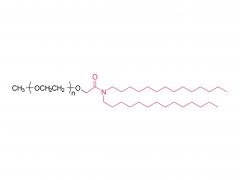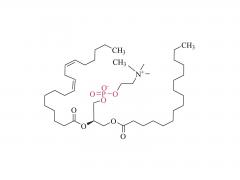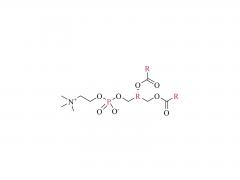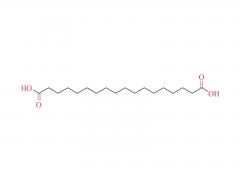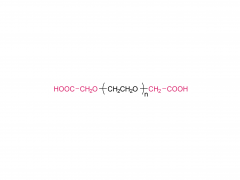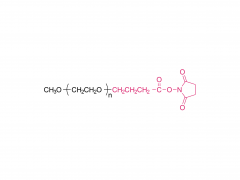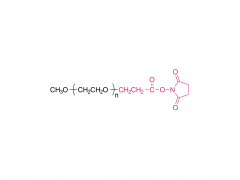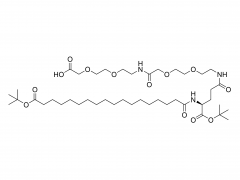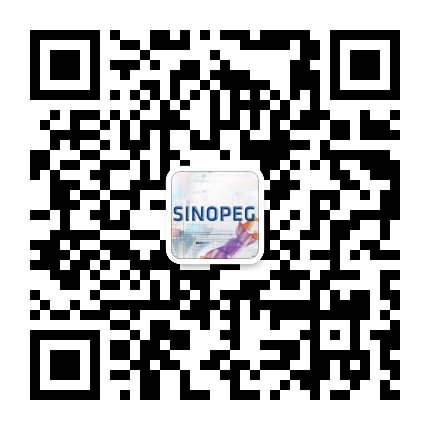Hyperbranched lipoid-based lipid nanoparticles for bidirectional regulation of collagen accumulation in liver fibrosis
Jian-Bin Qiao, Qian-Qian Fan, Cheng-Lu Zhang, Jaiwoo Lee, Junho Byun, Lei Xing, Xiang-Dong Gao, Yu-Kyoung Oh, Hu-Lin Jiang
Abstract
Liver fibrosis leads to over one million deaths annually worldwide. Hepatic stellate cells (HSCs) have been identified as the main executors of liver fibrosis. Unfortunately, no drug has yet been approved for clinical use against liver fibrosis, largely because the tested drugs have been unable to access HSCs and efficiently remove the collagen accumulation involved in fibrogenesis. Here, we designed an efficient HSC-targeting lipid delivery system that carried dual siRNAs intended to both inhibit collagen synthesis and promote collagen degradation, with the goal of realizing enhanced anti-liver fibrosis by bidirectional regulation of collagen accumulation. The delivery system was constructed by using amphiphilic cationic hyperbranched lipoids (C15-PA) for siRNA complexation and helper lipoids (cholesterol-polyethylene glycol-vitamin A, Chol-PEG-VA) for HSCs targeting. The generated vitamin A-decorated and hyperbranched lipoid-based lipid nanoparticles (VLNPs) showed excellent gene-binding ability and transfection efficiency, and enhanced the delivery of siRNAs to HSCs. Fibrotic mice treated with dual siRNA-loaded VLNPs showed a great reduction in the collagen accumulation seen in this model; the enhanced effect of bidirectional regulation reduced the collagen accumulation level in treated mice to almost that seen in normal mice. There was no notable sign of toxicity or tissue inflammation in mice exposed to repeated intravenous administration of the dual siRNA-loaded VLNPs. In conclusion, our results indicate that biocompatible VLNPs designed to exploit precise targeting and an effective bidirectional regulation strategy hold promise for treating liver fibrosis.
Keywords: Bidirectional regulation; Collagen accumulation; Hepatic stellate cells; Lipoid-based lipid nanoparticles; Liver fibrosis; siRNA.
Related products
Abbreviation: HOOC-PEG-COOH
Name: α,ω-Dicarboxyl poly(ethylene glycol)
For more product information, please contact us at:
US Tel: 1-844-782-5734
US Tel: 1-844-QUAL-PEG
CHN Tel: 400-918-9898
Email: sales@sinopeg.com







